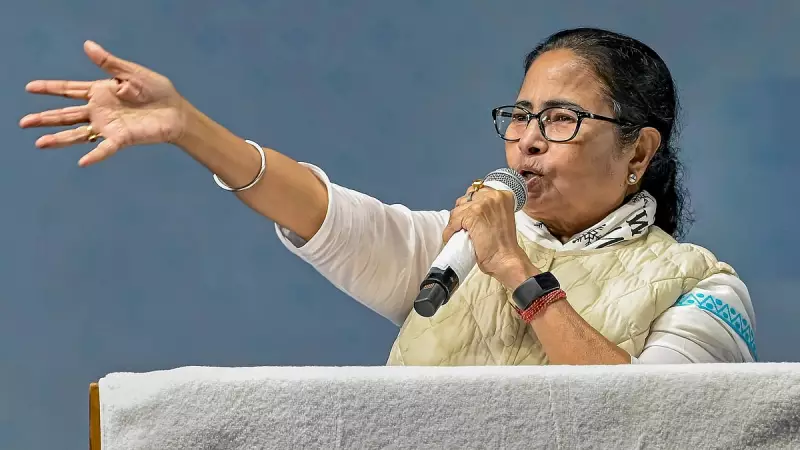
West Bengal Chief Minister Mamata Banerjee launched a scathing attack on the Bharatiya Janata Party on Monday, accusing the ruling party at the Centre of pursuing a 'politics of fear' that has created unprecedented tension during the ongoing general elections.
The sharp criticism came in response to a tragic incident in Cooch Behar district, where a man identified as Srikanta Roy was found dead in what appears to be a suicide case. While official details remain limited, the incident has sparked significant political controversy in the heated election atmosphere.
TMC Alleges 'Silent, Invisible Rigging'
The Trinamool Congress has raised serious concerns about the election process, with party leaders describing what they call 'silent, invisible rigging' tactics allegedly being employed in the state. This terminology points to sophisticated methods of electoral manipulation that are difficult to detect through conventional monitoring.
Senior TMC figures have expressed frustration with what they perceive as inadequate response from election authorities, labeling the State Election Commission as 'Sir Silent' for its perceived inaction regarding their complaints.
Bengal's Political Temperature Rises
The current political climate in West Bengal has reached a fever pitch as elections progress. Mamata Banerjee's direct accusation against the BJP represents a significant escalation in rhetoric between the two major political forces in the state.
'The BJP is only capable of spreading fear and violence,' Banerjee stated during her address, connecting the alleged suicide to what she described as the oppressive political environment created by the central ruling party.
Election Integrity Under Scrutiny
The allegations from Bengal's ruling party come at a crucial juncture in the multi-phase elections. The TMC's claims of 'invisible rigging' suggest new concerns about election integrity that go beyond traditional forms of electoral malpractice.
Political analysts note that such accusations reflect the high stakes involved in Bengal, which has emerged as a critical battleground state where both national parties are investing substantial resources and political capital.
As the investigation into the Cooch Behar incident continues, the political fallout threatens to intensify, with potential implications for both the remaining phases of voting and the eventual outcome in this strategically important state.






